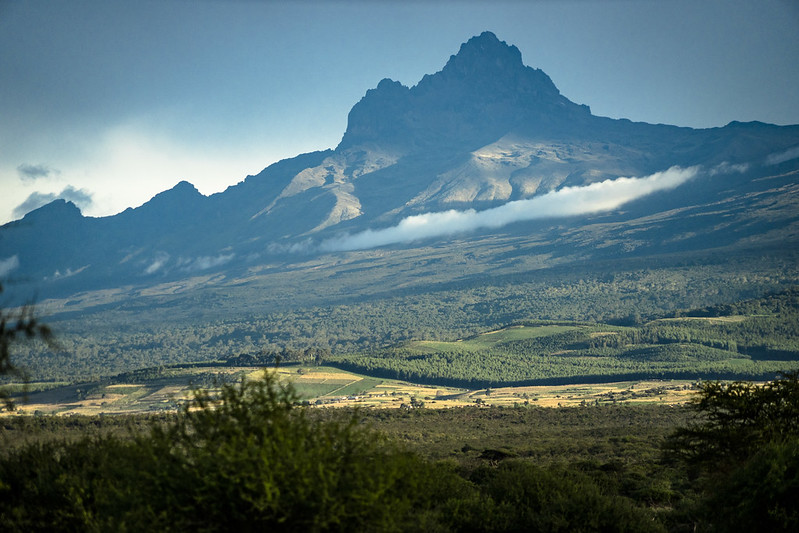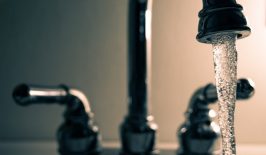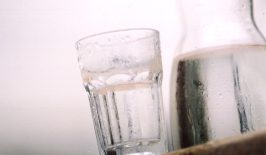When it comes to sustainable development, access to clean electricity can be just as important as clean water. The WE! Hub delivers both to those who need it most.
Fresh water and electricity are clearly central to human well-being and socio-economic development, however for many the acquisition of these seemingly basic amenities is a daily struggle. According to the UNESCO 2014 World Water Report, 3.5 billion people – around half the world’s population – have limited access to clean water, while the International Energy Agency also reports 1.2 billion have no access to electricity. As a result, these individuals must often rely on contaminated water sources or the burning of biomass fuels for warmth and cooking, resulting in health issues and poor economic growth.
The scarcity of clean water and electricity is particularly prevalent in Sub-Saharan Africa, with 319 million people living without adequate water or sanitation. One initiative which hopes to improve this statistic, especially in rural areas, is the Solar Energy for Rural Kenya, which is being implemented by OSRAM, Light for Life and Thames Electricals with funding from the European Union and Siemens Stiftung. The project has currently built seven so-called Water Energy Hubs (WE! Hubs) in Kenya over the past years, providing rural dwellers with a solar energy and clean drinking water.
How Do We! Hubs Work?
WE! Hubs are independently powered, solar “energy stations” where users can recharge electrical appliances such as mobile phones. Additionally, for a small fee, visitors can also rent solar lanterns and lamp as well as batteries in order to reduce their dependence on kerosene lamps, which are harmful to both human and environmental well-being.
Furthermore, WE! Hubs also act as safe, clean water stations, with rain water being collected and sterilized until it is fit to be used for drinking. In the future, Solar Energy for Rural Kenya hope the hubs can also provide internet and computer access.

As well as providing for their basic needs, WE! Hubs are also intended to economically integrate the local population and offer them new opportunities and sources of revenue, with the Project Handbook stating:
“In addition to access to electricity and water, the project partners want to strengthen local entrepreneurship and create opportunities for income and employment.”
The WE! Hub isn’t the only technological solution to clean water production that’s currently being rolled out across Africa. Recently, we also learned about the Helioz WADI, a solar powered gadget that helped local communities disinfect contaminated water with the power of the sun.
For more information about the WE! Hub project, watch the video below:
This article is a translation by Mark Newton of the original which first appeared on RESET’s German-language site.






